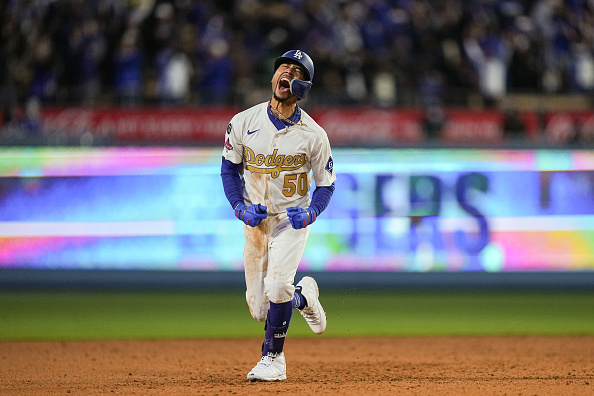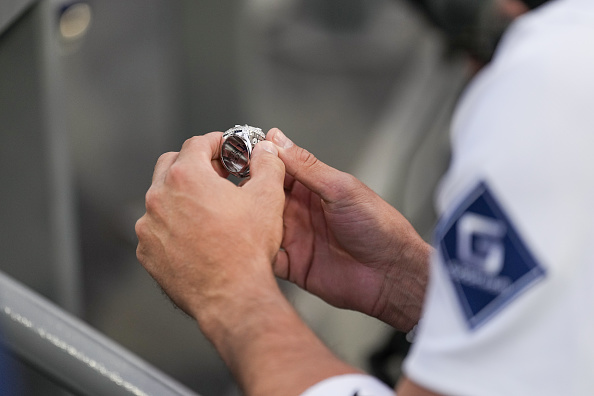The prominent garment manufacturer LA Apparel confirmed Tuesday it is the unidentified company the Los Angeles County Department of Public Health said it shut down over the weekend, after testing found more than one hundred workers had tested positive for COVID-19.
After detection of multiple COVID-19 cases, some businesses have closed briefly for disinfection, but rarely has Public Health closed a facility indefinitely.
Ironically, for the past three months, the company has dedicated much of its work to producing cloth face coverings and other garments for protection against the infectious virus. The closure affects three plants, all located in South Los Angeles on East 59th Street within two blocks of each other. Twenty-three workers from one plant tested positive, 61 from another, and 67 from the third, according to Public Health data posted online.
LA Apparel founder Dov Charney told NBCLA the shutdown has idled some 2,000 workers. Charney said the company has been working to complete a another round of testing as soon as Wednesday, and then, all employees will have been tested at least twice, and in some cases, three and four times.
NBCLA had visited one of the plants in March, shortly after LA Apparel pivoted to manufacturing protective garments, donating some for free. No one was seen without face covering, and most if not all workers appeared to be several feet apart.
"It's a really unfortunate situation," said Marissa Nuncio, director of the Garment Worker Center, an advocacy group, some of whose members worked at LA Apparel.
Nuncio acknowledged that LA Apparel's policy has been to require social distancing of workers, but said employees told her the company did not continuously enforce it, and at some times workers came closer than six feet.
Local
Get Los Angeles's latest local news on crime, entertainment, weather, schools, cost of living and more. Here's your go-to source for today's LA news.
The Center filed a complaint with Public Health early this month, she said, but did not hear back. Public Health did not respond to NBCLA's request for further information.
Charney said the company is looking at re-engineering the workspace, and also the meal break area, as part of the plan it is developing to present to authorities for permission to reopen. He said he was not aware of any issues being raised over the availability of hand sanitizers.
If the three LA Apparel plants are taken together, only the Smithfield Farmer John meatpacking plant in Vernon has seen more workers test covid positive, with 154 by late May, according to Public Health. As NBCLA's I-Team reported, Smithfield installed plexiglas separations and other anti-infection spread measures. Another 24 positive cases have been confirmed since then, but the plant remains open--unlike the three LA Apparel factories.
In recent weeks, Charney said he has experienced increasing difficulty finding available COVID-19 testing for his employees. In fact, as NBCLA's I-Team documented, LA's COVID-19 testing website was showing all appointments filled for several days last week. Charney believes it would be beneficial if there sufficient testing capacity so employees can be tested on a recurring basis, to keep COVID out of the workplace.
Charney launched LA Apparel in 2016, after he had founded and run American Apparel for a quarter century. Over the years, Charney has spoken out in favor or immigrant and worker rights, but critics say he has not done enough to improve working conditions and wages.
He said he hopes to have enough staff cleared with negative test results to return to work within a few days, and the plants ready to resume manufacturing sometime this weekend--but it all hinges on approval by Public Health and possibly other agencies.
Nuncio said her Center's concerns for worker well being are not unique to LA Apparel and extend to other garment factories.
"The garment industry has not done well historically to protect workers, and the pandemic just sort of exposes that and really intensifies existing bad conditions," said Nuncio. "Our hope is that we can use this moment to get some immediate protections for workers, and turn those into some long term sort of structural changes and long term protections."



